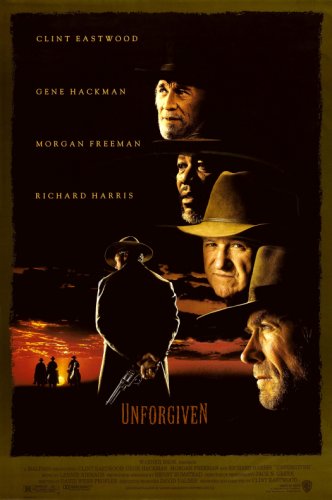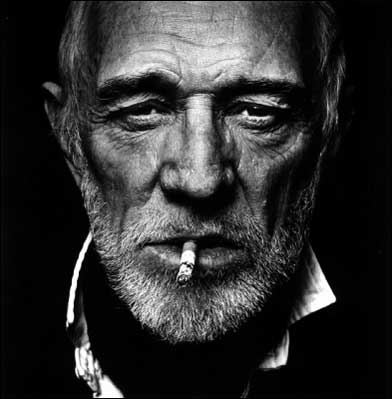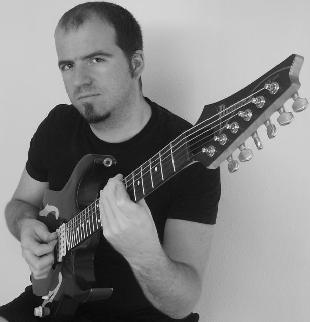| Fecha | Área | Bruto |
|---|---|---|
| 15 November 1992 | USA | USD 74,681,912 |
| 8 November 1992 | USA | USD 74,550,303 |
| 1 November 1992 | USA | USD 74,399,883 |
| 25 October 1992 | USA | USD 74,243,810 |
| 18 October 1992 | USA | USD 74,079,040 |
| 11 October 1992 | USA | USD 73,748,995 |
| 4 October 1992 | USA | USD 73,146,825 |
| 27 September 1992 | USA | USD 72,105,359 |
| 20 September 1992 | USA | USD 70,256,353 |
| 13 September 1992 | USA | USD 67,341,916 |
| 7 September 1992 | USA | USD 63,641,949 |
| 30 August 1992 | USA | USD 55,130,063 |
| 23 August 1992 | USA | USD 46,130,479 |
| 16 August 1992 | USA | USD 33,780,840 |
| 9 August 1992 | USA | USD 15,018,007 |
| USA | USD 101,157,447 | |
| UK | GBP 4,689,000 | |
| worldwide | USD 159,157,447 | |
| Non-USA | USD 58,000,000 |
| Fecha | Área | Bruto | Pantalla |
|---|---|---|---|
| 9 August 1992 | USA | USD 15,018,007 |
| Fecha | Área | Bruto | Pantalla |
|---|---|---|---|
| 15 November 1992 | USA | USD 71,026 | 173 |
| 8 November 1992 | USA | USD 81,826 | 221 |
| 1 November 1992 | USA | USD 88,133 | 241 |
| 25 October 1992 | USA | USD 114,271 | 274 |
| 18 October 1992 | USA | USD 144,378 | 303 |
| 11 October 1992 | USA | USD 333,587 | 501 |
| 4 October 1992 | USA | USD 548,223 | 926 |
| 27 September 1992 | USA | USD 1,009,810 | |
| 20 September 1992 | USA | USD 1,822,173 | |
| 13 September 1992 | USA | USD 2,550,331 | |
| 7 September 1992 | USA | USD 6,352,892 | |
| 30 August 1992 | USA | USD 5,653,203 | |
| 23 August 1992 | USA | USD 7,741,277 | |
| 16 August 1992 | USA | USD 11,374,018 | |
| 9 August 1992 | USA | USD 15,018,007 |



Clint_Eastwood_3.jpg)









